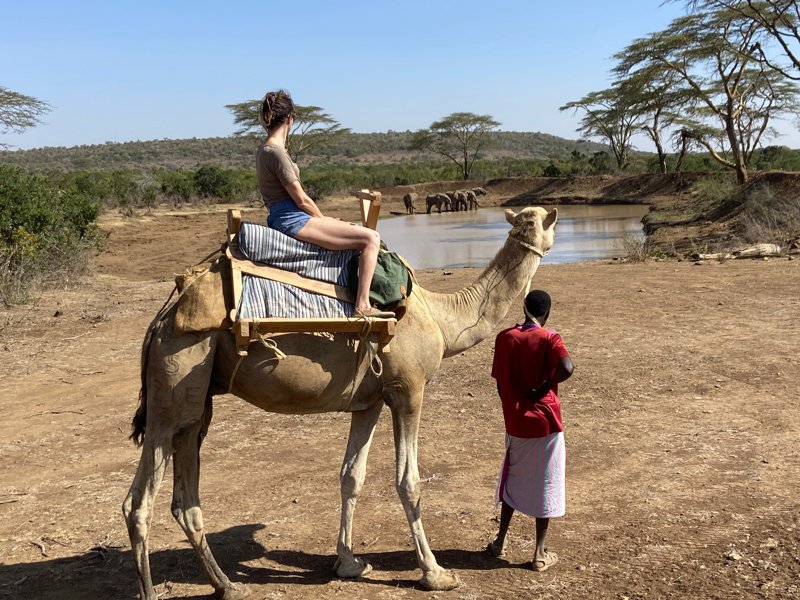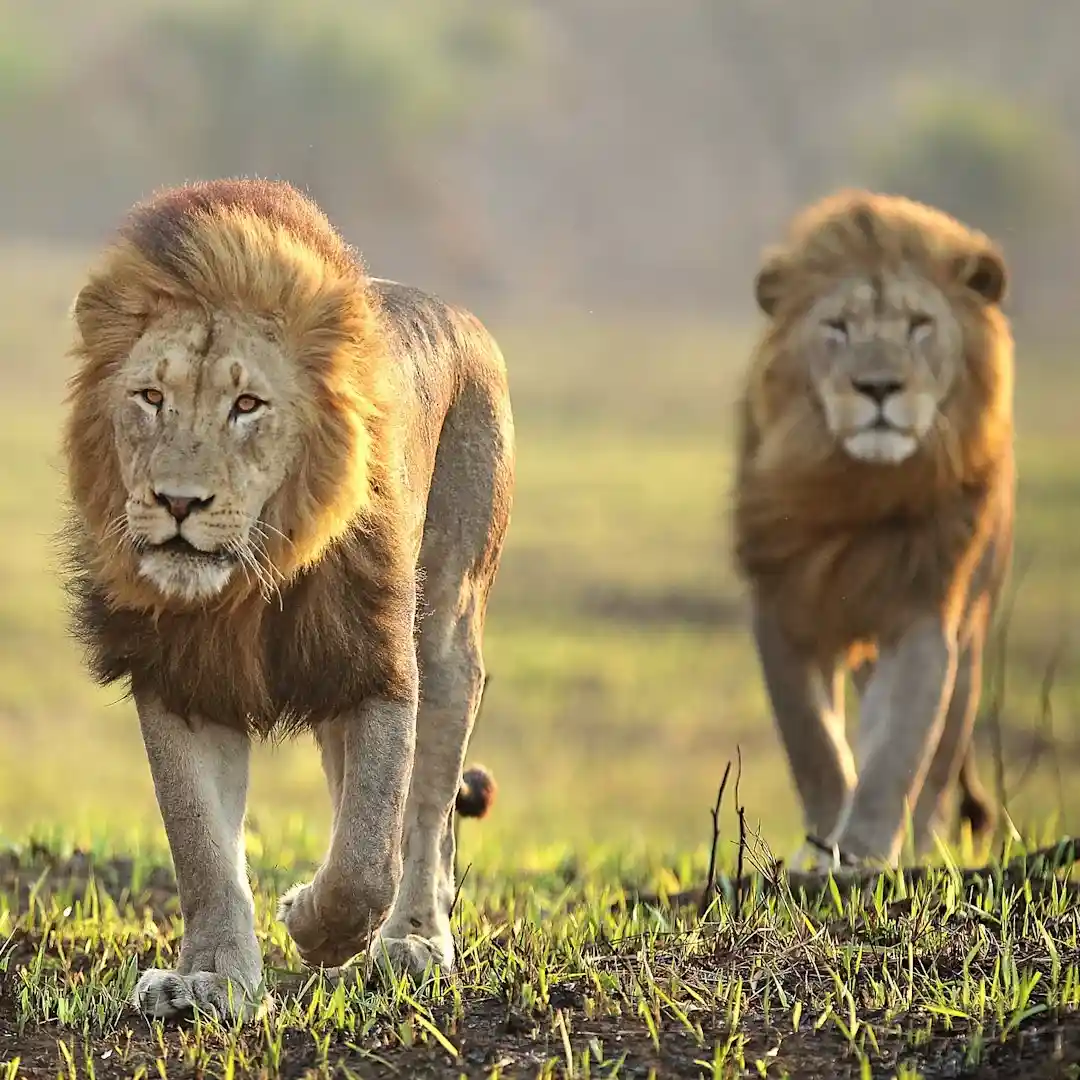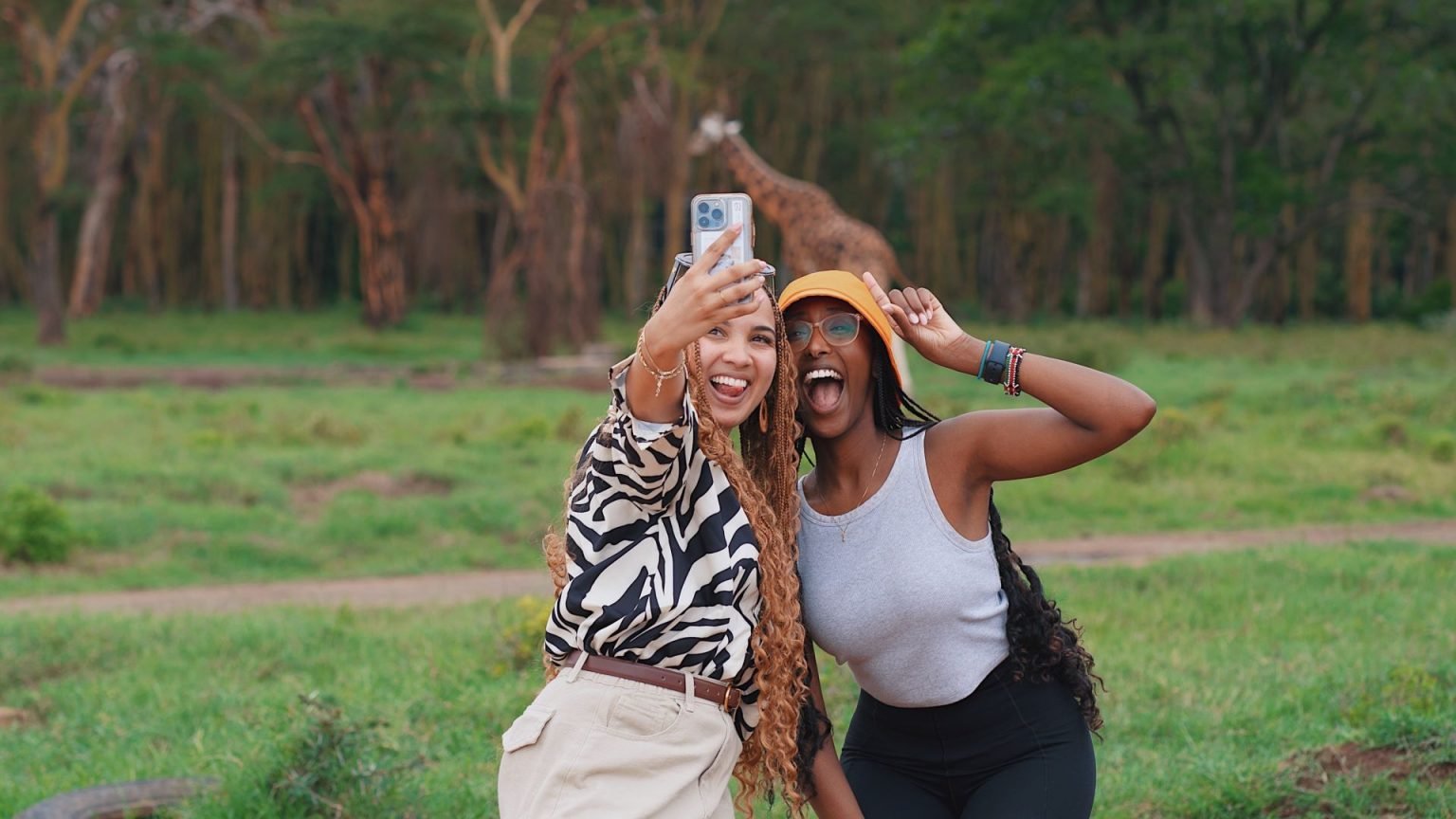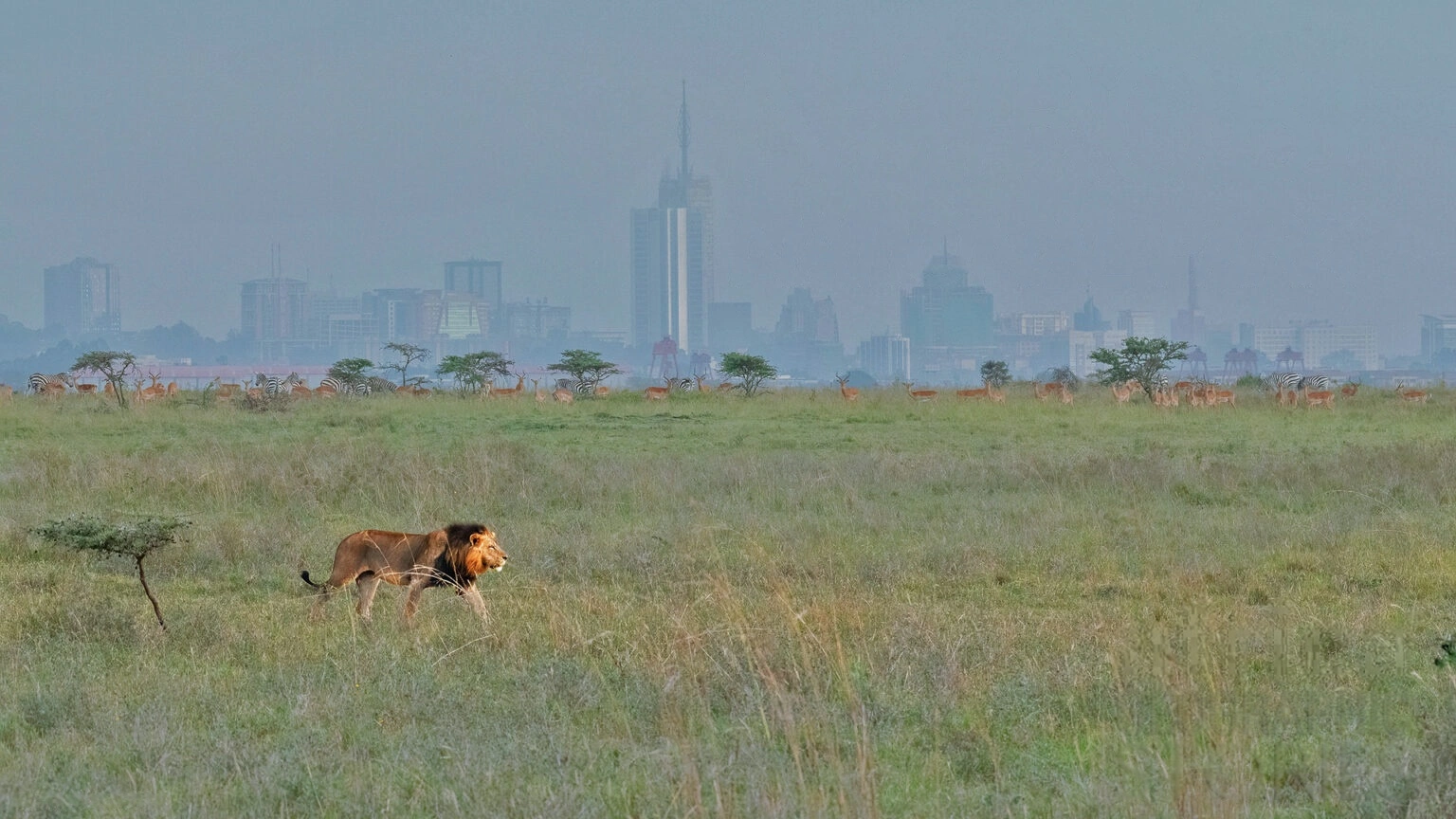Is Kenya safe to visit?
Kenya is a safe, beautiful, and welcoming country that has something for every traveler. From stunning wildlife safaris to breathtaking landscapes and vibrant cities, it’s truly an unforgettable destination.
Like anywhere in the world, it’s important to be aware of a few safety tips before you travel to make your trip smooth and worry-free. With our local team and years of experience exploring every corner of Kenya, we know the country inside out.
In this guide, we’ll share practical advice on staying safe, avoiding common risks, traveling confidently, and making the most of your adventure—so you can enjoy your Kenyan adventure to the fullest.
Crime in Kenya
While Kenya is generally safe, it is very important to stay aware, especially in busy areas. Many locals may have less financial means than visitors, so being street-smart helps you avoid problems. Here are some simple tips to stay safe:
- Secure your belongings: Park your car in safe, well-lit areas.
- Leave valuables at home: Expensive jewelry or gadgets can attract unwanted attention.
- Protect your hotel room items: Don’t leave valuables lying around; use hotel safes when available.
Hotel theft is not very common, but taking these small precautions will give you peace of mind and let you enjoy your trip without worry.

Be clear about help offered
Kenya is famous for its warm and friendly people who are always ready to help visitors.
While most offers of assistance come from genuine kindness, it’s smart to clarify whether any help comes with a cost. For example, if someone offers to guide you, carry your bags, or provide other services, ask politely upfront if they expect payment.
This simple step helps you avoid misunderstandings or awkward situations and ensures your interactions stay positive and enjoyable.
Restricted areas
While inter-tribal conflicts in Kenya are rare today, certain regions—such as parts of Northern Kenya—are not recommended for independent travelers.
These areas may have limited infrastructure, security concerns, or ongoing local tensions. If you plan to visit these regions, it’s best to travel with a trusted local guide or join an organized tour. Staying informed and cautious ensures your trip remains safe and enjoyable.
Safety in Kenya
Kenya has experienced terrorist attacks in the past, but these incidents were never targeted at tourists.
While such events are upsetting, it’s important not to let them stop you from enjoying your travel adventures. After all, many countries around the world—including popular European destinations—have faced similar challenges. Does that mean you would avoid visiting Paris, Brussels, or Prague?
For perspective, some cities in the United States face issues with gang violence—a problem largely unheard of in Kenya. Yet most people still travel there safely, and governments continue to advise tourists that visiting the US is generally safe.
It is our hope that isolated incidents and sensational media reports don’t discourage travelers from exploring Kenya. Tourism is a vital part of the local economy, supporting countless livelihoods, and your visit makes a real difference.
At Greenway Nature Tours, your safety and enjoyment are our top priorities. As a trusted local travel operator, we provide reliable car rentals, 24/7 roadside assistance, experienced driver-guides, and personalized itinerary planning. With our team’s in-depth knowledge of Kenya, you will be well-prepared to experience the country safely and create memories that last a lifetime.

Tropical Diseases in Kenya
Kenya’s warm climate and diverse landscapes make it a paradise for travelers, but it also means some tropical diseases are present. The good news is that with a few simple precautions, you can stay healthy and enjoy your trip to the fullest.
1. Malaria
Malaria is a risk in certain parts of Kenya, especially near the coast and around Lake Victoria.
Mosquitoes that carry malaria are most active at night, so sleeping under a treated mosquito net is essential. Other precautions include using insect repellent, wearing long sleeves and pants in the evening, and staying in accommodations with screened windows or air conditioning. For higher-risk areas, consider talking to your doctor about antimalarial medication before traveling.
2. Dengue Fever
Dengue fever is less common but still worth noting. Unlike malaria, dengue mosquitoes bite during the day. Protect yourself by applying repellent, wearing protective clothing, and seeking medical attention if you experience fever, headaches, or body aches after mosquito bites.
3. Schistosomiasis (Bilharzia)
This disease is caused by parasites found in some freshwater lakes and rivers. Avoid swimming or wading in untreated freshwater, particularly near Lake Victoria. If you plan on water activities, check with your lodge to see if the nearby water is bilharzia-free.
4. Typhoid and Hepatitis A
Both illnesses are linked to contaminated food and water. Eat freshly cooked meals, avoid raw or undercooked food from street vendors, and drink only bottled or filtered water. Vaccinations for typhoid and hepatitis A are recommended before traveling to Kenya.
5. Yellow Fever
Yellow fever is rare in Kenya but vaccination is required if you’re arriving from a country with known outbreaks. Preventive measures against mosquitoes, such as repellents and nets, also help reduce the risk of yellow fever. By following these precautions, you can stay healthy and focus on the adventure, wildlife, and beauty that make Kenya so special

Drinking water in Kenya
Tap water in Kenya is not safe to drink, so always stick to bottled or filtered water, which is widely available across the country. Most hotels, lodges, and camps provide purified water for guests, making it easy to stay hydrated safely. To be eco-friendly and convenient, bring a reusable water bottle from home. You can refill it with purified water throughout your trip, reducing plastic waste while keeping yourself hydrated on all your adventures.
Safety for female travellers in Kenya
Kenya is an amazing destination for female travellers—whether you are exploring solo, with friends, or in a group. That said, being aware of cultural differences and taking basic safety precautions will make your trip even more enjoyable. Dress modestly, especially in rural areas, to respect local customs and blend in comfortably. Avoid walking alone at night and stick to well-lit, busy streets whenever possible.
For transport, opt for reliable options like Uber or a private driver rather than public transport, as this adds an extra layer of security. Travelling with an experienced driver-guide can also make a big difference. Not only do they handle the logistics, but they also provide insider knowledge, local tips, and peace of mind—helping you explore Kenya confidently and stress-free.
Safety in Nairobi
Nairobi has become much safer over the years and is now comparable to many other large cities in emerging economies.
That said, like any busy city, it’s important to stay alert and take simple precautions. If you are driving, always keep your doors locked and avoid making phone calls with the windows down. When withdrawing cash, use ATMs located inside shopping malls or secure buildings for extra safety.
For accommodations, we recommend the neighborhoods of Karen and Langata. These leafy, residential areas are not only safe but also offer excellent restaurants, shopping malls, and easy access to the city via Nairobi’s expressways.
Getting around Nairobi is simple and secure with Uber or other reliable taxi services. Using these options gives you peace of mind while exploring the city, whether for sightseeing, shopping, or enjoying the vibrant local culture.

Is it safe to drive in Kenya?
Kenya’s main roads, especially those connecting Nairobi to other major cities, are generally paved and in good condition. The A109 highway between Nairobi and Mombasa is the busiest route, often under construction, and shared by cars, buses, and slow-moving trucks—so expect some hectic traffic and stay alert.
Secondary roads, marked as ‘C’ and ‘D’ roads, are often unpaved, with potholes or worn surfaces. Inside national parks, most roads are dirt tracks, which can be tricky depending on the season, especially during the rainy months.
For safe driving, always drive defensively, keep your doors locked, and avoid driving after dark. Never leave valuables in your car unattended, and carry essentials like cash, water, and a fully charged mobile phone.
Tour Kenya with a local driver
While self-driving in Kenya can be an exciting adventure, many travellers prefer the comfort and ease of having a local driver-guide. At Greenway Nature Tours Africa, we work with highly trained, friendly driver-guides who know Kenya like the back of their hand.
Hiring a local driver-guide gives you the best of both worlds: you stay in control of your itinerary, while leaving the driving and navigation to someone who truly knows the roads and regions. Along the way, you will discover fascinating insights into Kenya’s vibrant culture, stunning wildlife, and hidden gems that most visitors miss.
Our driver-guides are not just excellent drivers—they are also experienced tour guides and bush mechanics, ready to handle any challenge that may arise. They speak fluent English and are passionate about making your journey smooth, safe, and absolutely unforgettable.
Our Trusted Partners






